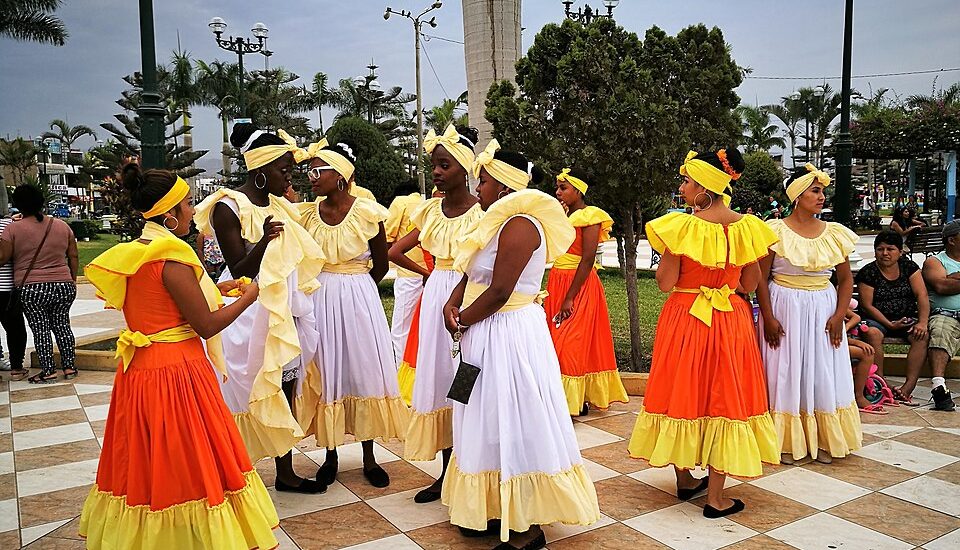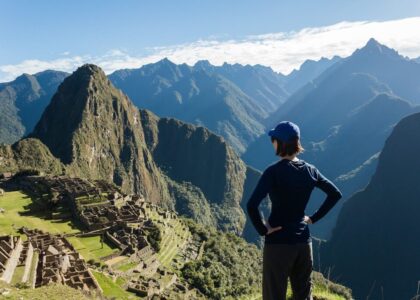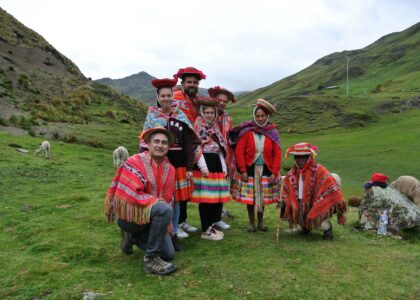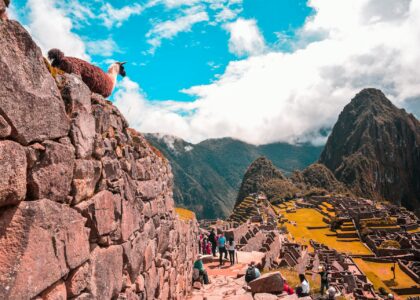Afro-Peruvian communities have shaped the cultural landscape of Coastal Peru for centuries. Blending African heritage with Indigenous and Spanish influences, they have created a unique and vibrant set of traditions. From the rhythms of the cajón to the energy of the festejo, Afro-Peruvian culture is an essential part of Peru’s national identity. Exploring this rich heritage offers powerful insights into creativity, resilience, and the enduring legacy of cultural fusion.
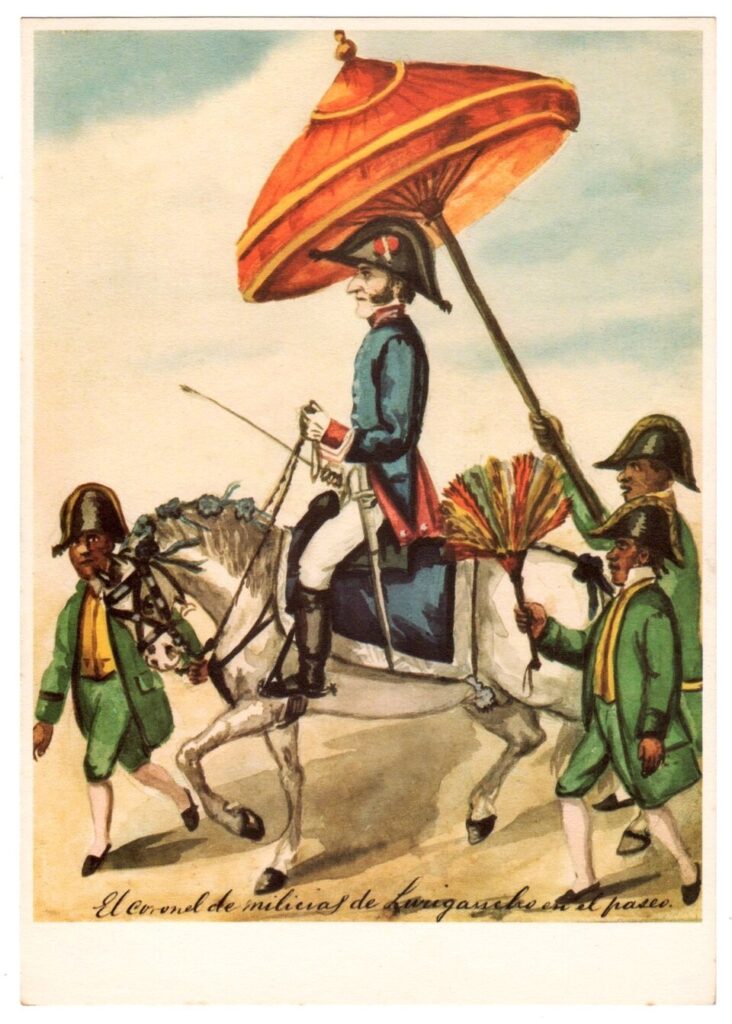
Origins of Afro-Peruvian Traditions in Coastal Peru
The roots of Afro-Peruvian culture trace back to the early 17th century, when enslaved Africans were brought to Peru’s southern coast. In the face of immense adversity, they preserved and transformed their musical and dance traditions, adapting them to new environments and influences. Over generations, these traditions evolved into a vibrant culture deeply intertwined with Peru’s coastal identity. Understanding this history adds valuable depth to discussions on Peru’s social challenges and Andean ecology, highlighting the complexities of cultural survival and adaptation.
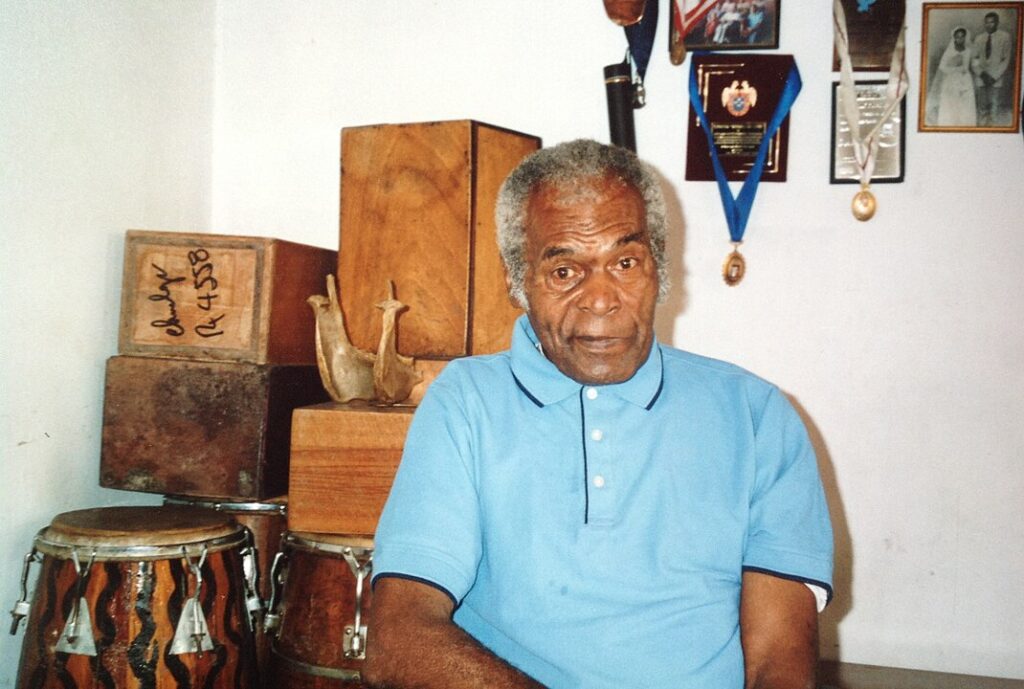
Exploring Afro-Peruvian Music: From Cajón to Festejo
Afro-Peruvian music is driven by rhythm and percussion. Instruments like the cajón, a wooden box drum, and the quijada, made from a donkey’s jawbone, are central to its sound. The festejo is perhaps the most iconic dance and music style, known for its vibrant tempo, syncopated beats, and celebratory spirit. These performances are not just entertainment but a living history of a people’s journey through struggle and joy. Students and travelers can experience this firsthand through our Peruvian cultural immersion program, where local musicians and dancers share their craft.
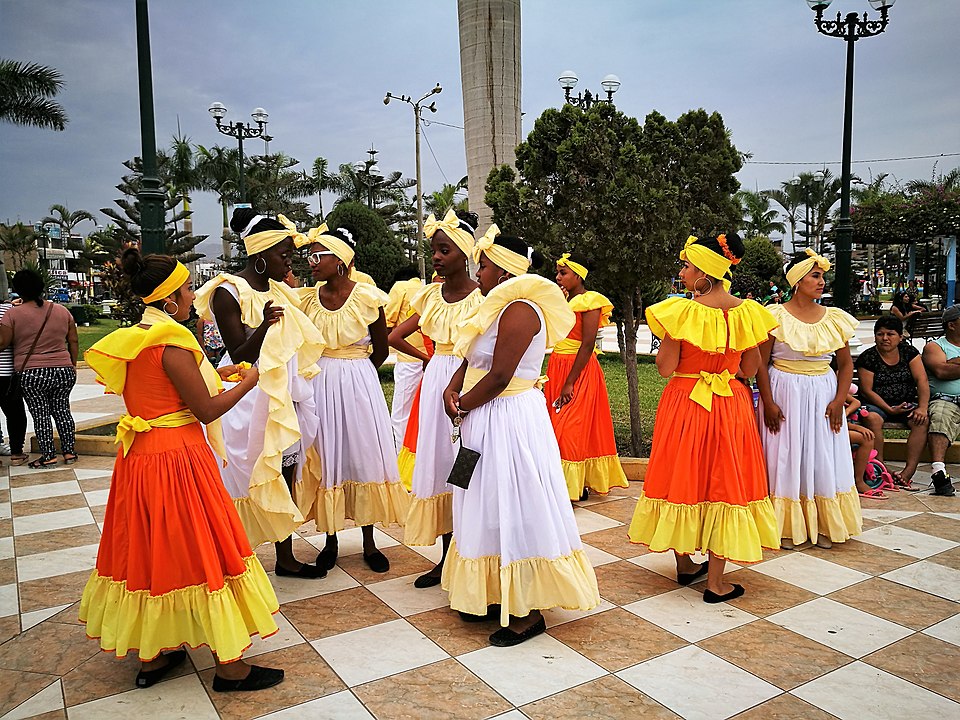
Dance as a Reflection of Afro-Peruvian Culture
Dance is a vital form of expression in Afro-Peruvian communities. It tells stories of migration, resistance, and celebration. Festivals in towns like El Carmen bring these stories to life, where choreographed steps and traditional attire take center stage. These gatherings foster cultural pride and community cohesion. Engaging with local dances offers a meaningful way to connect with community life during our rural Peru service learning experiences, where you learn through participation and reflection.
Local Traditions and Community Celebrations
Beyond music and dance, Afro-Peruvian culture shines through food, storytelling, and community rituals. Coastal towns celebrate heritage at the Festival of Sabores, where dishes like tacu tacu and sudado showcase the fusion of African, Indigenous, and Spanish culinary traditions. These experiences are deeply rooted in shared knowledge passed down through generations. Exploring these customs alongside service work reveals the connection between cultural preservation and educational engagement in our multilingual classroom volunteer program.
Sustainability also plays a key role in Afro-Peruvian life. Traditional farming, fishing, and food preparation often align with modern conservation principles. Participating in our eco-education initiatives on Peru’s biodiversity highlights how heritage practices contribute to environmental stewardship.
Why Afro-Peruvian Heritage Matters for Today’s Learners
Learning about Afro-Peruvian heritage enriches our understanding of history, identity, and cultural resilience. It offers essential context for exploring social justice, migration, and global cultural exchange. These are not just historical facts but living traditions that continue to evolve. Educational travel that includes Afro Peruvian perspectives fosters deeper empathy and awareness. Our high school travel programs in Peru help students connect their learning to real-world experiences.
To see these themes in action, read how students immerse themselves in Peru’s culture.
For more historical background and international recognition of these practices, explore this UNESCO’s overview of Afro Peruvian festivals and practices.
Engaged Education - Transformative Educational Travel Experiences
Join Engaged Education to explore Afro Peruvian communities and learn through direct cultural engagement. Download our brochure to start planning. For less than the cost of a coffee each month, you can support communities in need by becoming a monthly donor. Your contribution helps sustain education, cultural preservation, and community health initiatives across Latin America and Africa.


